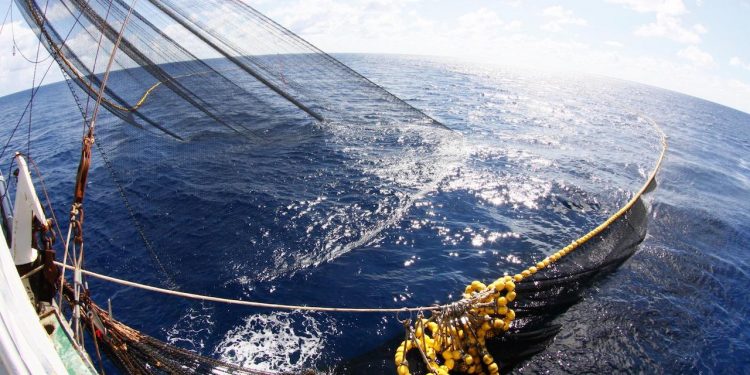The International Seafood Sustainability Foundation (ISSF) has set out its list of critical asks in a position statement ahead of this month’s ICCAT annual meeting. ISSF is pushing for bigeye and yellowfin stocks to be maintained at sustainable levels.
In addition, ISSF also looking for for expanded FAD management measures, adoption of harvest strategies for western and eastern Atlantic bluefin tuna, stronger management and mitigation measures for sharks, and the development of standards for electronic monitoring and reporting to support more comprehensive observer coverage for Atlantic tuna fisheries.
‘Many of the issues ISSF raised for ICCAT at this time last year have yet to be fully addressed. For example, catches of bigeye and yellowfin tuna have substantially exceeded total allowable catches (TACs) for years. And because there were no full allocations by fishing gear or by flag state, those members with over-catches could not always be identified,’ said ISSF President Susan Jackson.
‘This situation must be addressed. In addition, the incomplete submission of required FAD data has persisted since 2014, hindering needed scientific analyses for the development of limits on FAD sets or deployments. The failure to provide these data is unacceptable, and ICCAT must take corrective action. Finally, the development of harvest strategies for all tropical tunas must be accelerated.’
In its position statement, ISSF is recommending the adoption of catch limits that allow bigeye and yellowfin tuna stocks to remain at sustainable levels, and ensure that catches are maintained within the TACs, as well as harvest strategies for bluefin tuna in 2022 and accelerate the development of harvest strategies for all tropical tuna stocks in 2023. ISSF also wants to see a timeframe to transition to FADs without nets and made primarily with biodegradable materials, FAD recovery policies, a marking scheme and ownership rules, and requirements for FAD position and acoustic data for scientific use.
It also requests that the Compliance Committee address non-compliance with FAD data reporting requirements and develop audit points for ICCAT measures Also on the ‘ask’ list are minimum standards for electronic monitoring by 2023, a requirement for 100% observer coverage (human and/or electronic) for all major ICCAT fisheries, and all vessels engaged in at-sea transshipment by 2024.









